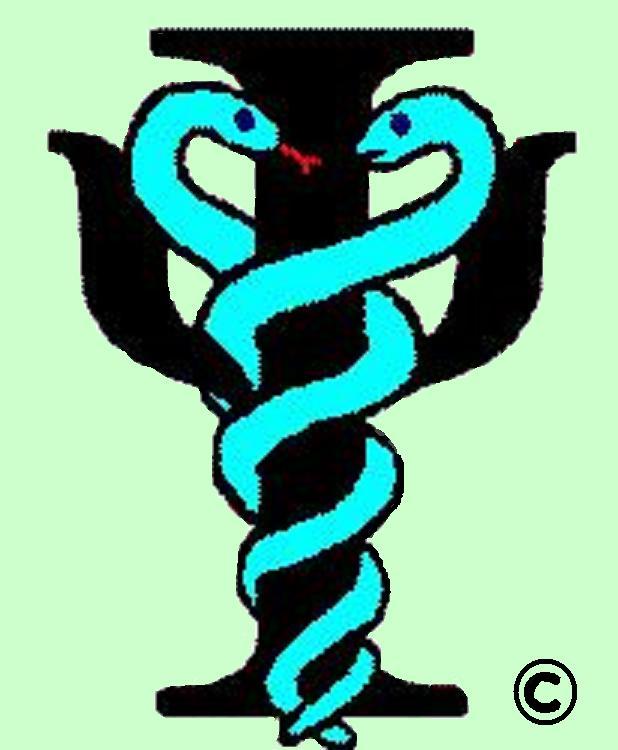|
About Our Staff
About Therapy
Services
Neuropsychology
Neurocognitive
Rehabilitation
Health Psychology
Biofeedback
Neurofeedback
Pain Management
Stress Management
CBT
Policies
Office
Contact Us
Useful Sites
Home
|
|

| |
Linda A. Yerzley, RN, PsyD
California License PSY21617
Linda A. Yerzley is a licensed
psychologist with a doctorate
in clinical psychology and a
background as a registered nurse. She has had extensive
postdoctoral training in
neuropsychology,
the relationship between behavior and skills
and brain structures and systems.
|
To her practice of psychology, Dr. Yerzley
brings 15 years of nursing experience,
including direct patient care, critical care,
psychiatric nursing, case
management, utilization review and nursing
administration. She also has an additional
ten years of experience in psychotherapy
and assessment with individuals, couples and
groups.
She is particularly interested in
neuropsychology,
neurocognitive rehabilitation
and in
health psychology,
the relationship between behavioral factors and
illness. Her approach
is behavior-oriented and emphasizes
helping the patient understand the
physiologic effects of psychological
problems (mind-body relationship).
She has found
biofeedback
to be an effective adjunctive technique.
She performs psychological and neuropsychological
evaluation and testing for memory and cognitive impairment;
learning disabilities such as dyslexia and reading disorders;
attention deficit disorder (ADD) and attention deficit
hyperactivity disorder (ADHD); autism; the need for educational
and testing accommodation; pre-employment; and brain insults
such as concussion, stroke or trauma.
In addition to her interests in neuropsychology and
health psychology, Dr. Yerzley specializes in conditions
such as ADD/ADHD (child and adult), Asperger's syndrome,
anxiety disorders such as post traumatic stress disorder (PTSD),
mood disorders
such as major depressive disorder,
pain management
and the psychological implications of illness. She also
prepares and provides seminars dealing with various continuting
education topics of interest to practicing psychologists.
A research study (see Abstract)
she conducted investigated early attachment
experience as a predictor of restenosis after coronary
angioplasty. The study found significantly higher levels
of avoidance and anxiety in a group of
people who had experienced restenosis than the levels in
a second group of patients who had not, supporting
the hypothesis that poor
(perceived or real) early attachment experiences are
strongly correlated with the occurrence of restenosis
following coronary artery angioplasty.
Dr. Yerzley is a member of the clinical staff at Providence
St. Joseph Medical Center in Burbank.
|

